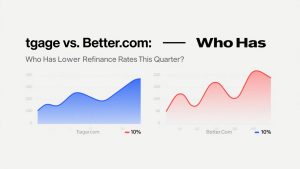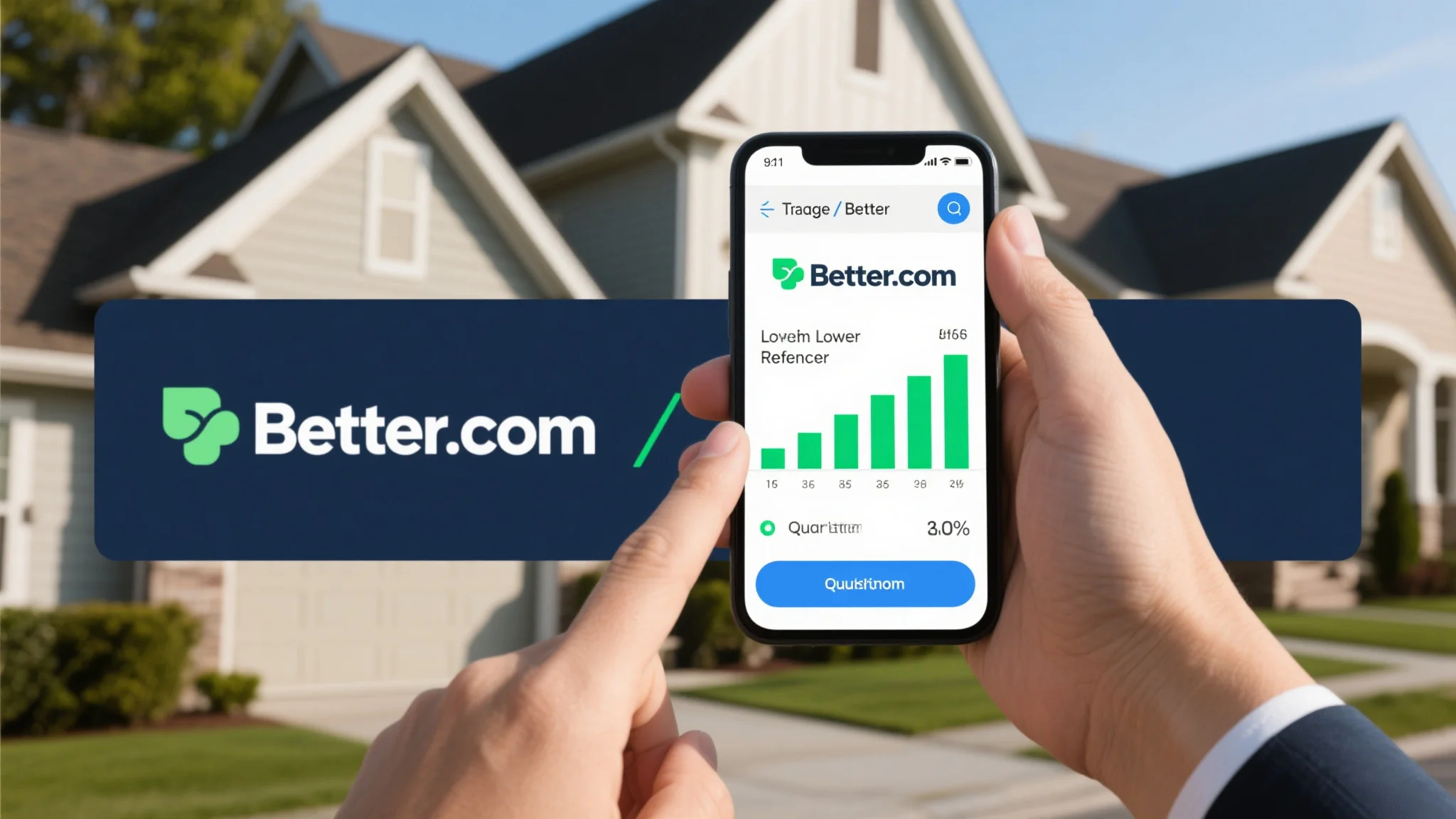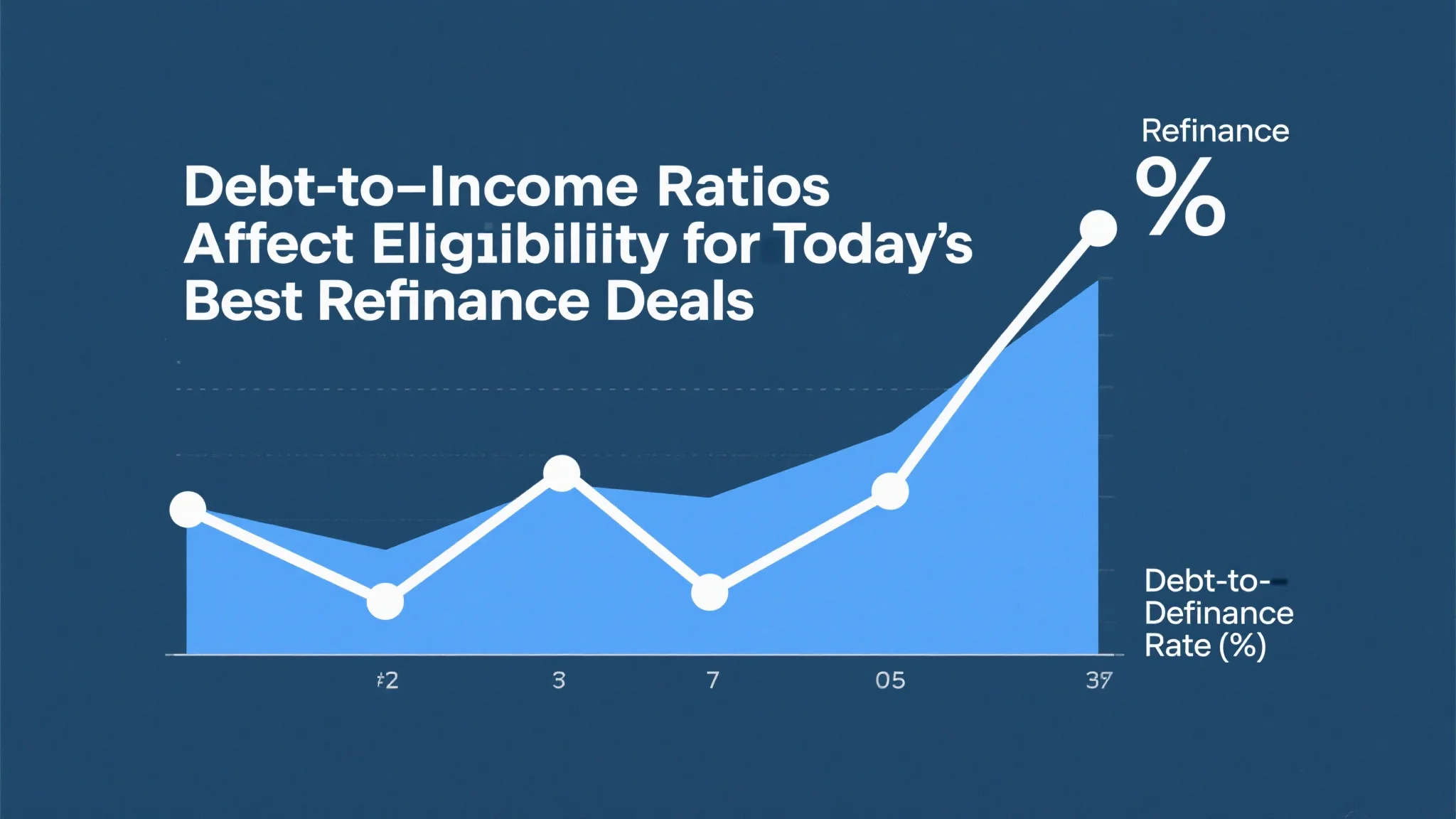The competitive landscape of online mortgage refinancing has intensified dramatically in recent quarters, with industry giants Rocket Mortgage refinance rates and Better.com emerging as dominant forces in the digital lending space. Both platforms have revolutionized the traditional mortgage process by offering streamlined online applications, competitive pricing, and rapid approval timelines that appeal to today’s tech-savvy borrowers. However, determining which lender offers superior rates requires a comprehensive analysis that extends beyond simple rate comparisons to include fees, closing costs, customer service quality, and overall value proposition. Rocket Mortgage, backed by Quicken Loans’ decades of lending experience, has established itself as America’s largest mortgage lender, processing billions in loan volume annually while maintaining a reputation for innovation and customer satisfaction. The company’s proprietary technology platform enables borrowers to complete the entire mortgage process online, from initial application to closing, with real-time rate updates and personalized loan recommendations based on individual financial profiles. Their rate structure typically reflects their market position as a premium lender, often offering competitive rates that may not always be the absolute lowest but come with exceptional service and reliability guarantees. Better.com, on the other hand, has positioned itself as a disruptive force in the mortgage industry, leveraging technology and streamlined operations to offer some of the most aggressive pricing in the market. The company’s business model focuses on eliminating traditional overhead costs associated with physical branches and extensive sales teams, allowing them to pass these savings directly to consumers through lower rates and reduced fees. This approach has enabled Better.com to consistently rank among the top lenders for rate competitiveness, particularly for borrowers with strong credit profiles and straightforward financial situations. When examining current quarter performance, both lenders have demonstrated remarkable adaptability to changing market conditions, adjusting their rate offerings in response to Federal Reserve policy changes, economic indicators, and competitive pressures. The rate differential between these two platforms often fluctuates based on loan amount, borrower credit score, loan-to-value ratio, and geographic location, making it essential for potential borrowers to obtain personalized quotes from both lenders before making decisions. Industry data suggests that the average rate difference between Rocket Mortgage and Better.com typically ranges from 0.125% to 0.375%, though this can vary significantly based on individual circumstances and market timing. Beyond headline rates, borrowers must consider the total cost of borrowing, including origination fees, discount points, third-party charges, and potential rate lock extensions that can impact the overall financial benefit of refinancing. Both platforms offer various loan products, including conventional conforming loans, jumbo mortgages, FHA refinances, and VA loans, though their pricing and availability may differ based on specific program requirements and investor relationships.
Conducting a thorough Better.com refinance comparison against Rocket Mortgage reveals significant differences in their operational approaches, fee structures, and customer experience models that can substantially impact the total cost and convenience of refinancing. Better.com’s technology-first approach emphasizes speed and efficiency, with many borrowers able to complete their applications in under ten minutes and receive initial approval decisions within hours rather than days. The platform’s automated underwriting system processes applications using advanced algorithms that analyze creditworthiness, income verification, and property values to provide instant rate quotes and approval decisions for qualified borrowers. This streamlined process often translates to faster closing times, with many Better.com refinances completing in 21-30 days compared to industry averages of 45-60 days. However, this efficiency comes with trade-offs in terms of personal service and flexibility for complex financial situations that may require human intervention and customized solutions. Rocket Mortgage’s approach balances technology with human expertise, offering borrowers access to licensed mortgage bankers who can provide personalized guidance throughout the process while still leveraging digital tools for efficiency and convenience. Their Rocket Logic platform provides real-time updates on application status, document requirements, and closing timelines, ensuring borrowers remain informed throughout the process. The company’s customer service infrastructure includes 24/7 support availability, dedicated loan officers for complex situations, and comprehensive educational resources that help borrowers understand their options and make informed decisions. Fee structures represent another critical area of differentiation between these lenders, with Better.com typically offering lower or eliminated origination fees as part of their cost-reduction strategy. Many Better.com refinance products feature zero origination fees, though borrowers should carefully examine whether these savings are offset by higher interest rates or other charges. Rocket Mortgage’s fee structure tends to be more traditional, with origination fees that may range from 0.5% to 1% of the loan amount, though they often provide transparency in their pricing and may offer fee waivers or reductions for qualified borrowers or specific loan products. Third-party costs, including appraisal fees, title insurance, and government recording charges, are generally similar between both lenders, though their relationships with service providers may result in slight variations in actual charges. Rate lock policies also differ significantly, with Better.com typically offering 60-day rate locks as standard, while Rocket Mortgage may provide longer lock periods for qualified borrowers or complex transactions that require additional processing time. The ability to extend rate locks, modify loan terms during processing, and accommodate changing financial circumstances varies between lenders and can impact the overall refinancing experience, particularly in volatile rate environments where timing becomes crucial for maximizing savings.

Identifying the lowest online refinance rates requires understanding that rate competitiveness extends beyond simple APR comparisons to encompass the total economic value proposition offered by each lender throughout the refinancing process. Market analysis indicates that both Rocket Mortgage and Better.com consistently rank among the top performers for online refinance rates, though their competitive positioning fluctuates based on market conditions, loan characteristics, and borrower profiles. Better.com frequently offers the most aggressive pricing for borrowers with excellent credit scores (740+), substantial equity positions (80% LTV or lower), and straightforward income documentation, leveraging their streamlined operations to provide rates that often undercut traditional lenders by 0.25% to 0.50%. Their rate advantage becomes particularly pronounced for larger loan amounts where even small rate differences translate to significant monthly payment savings and long-term interest cost reductions. However, Rocket Mortgage’s pricing becomes more competitive for borrowers with complex financial situations, non-traditional income sources, or unique property types that require specialized underwriting expertise and flexible program options. The company’s extensive product menu includes niche programs such as asset-based lending, bank statement loans, and investor property refinancing that may not be available through Better.com’s more standardized offerings. Geographic considerations also play a role in rate competitiveness, as both lenders adjust their pricing based on state regulations, local market conditions, and regional economic factors that can influence default risk and property values. Borrowers in high-cost areas such as California, New York, and Washington may find different competitive dynamics compared to those in more affordable markets throughout the Midwest and South. Timing considerations become crucial when pursuing the lowest rates, as both lenders adjust their pricing multiple times daily in response to bond market movements, investor demand, and competitive pressures from other major lenders. Rate shopping strategies should include obtaining quotes from both platforms within a narrow timeframe (ideally within 14 days) to ensure accurate comparisons and minimize the impact of market volatility on pricing decisions. The concept of “lowest rates” must also account for the borrower’s ability to qualify for advertised pricing, as both lenders reserve their best rates for borrowers who meet specific credit, income, and equity requirements that may not be clearly disclosed in marketing materials. Credit score requirements typically favor borrowers with scores above 740 for the best pricing tiers, though both lenders offer competitive options for borrowers with scores as low as 620, albeit at higher rates that reflect increased risk. Debt-to-income ratios, employment history, and cash reserves also influence rate eligibility, with both lenders offering their most competitive pricing to borrowers who demonstrate strong financial stability and low default risk. The refinancing decision should ultimately consider not only the interest rate but also the break-even period required to recover closing costs, the borrower’s long-term homeownership plans, and the potential for future rate improvements that might justify waiting for better market conditions. Both Rocket Mortgage and Better.com provide online calculators and educational resources to help borrowers evaluate these factors, though consulting with licensed mortgage professionals can provide additional insights into timing strategies and program selection that maximize long-term financial benefits while minimizing transaction costs and complexity.



